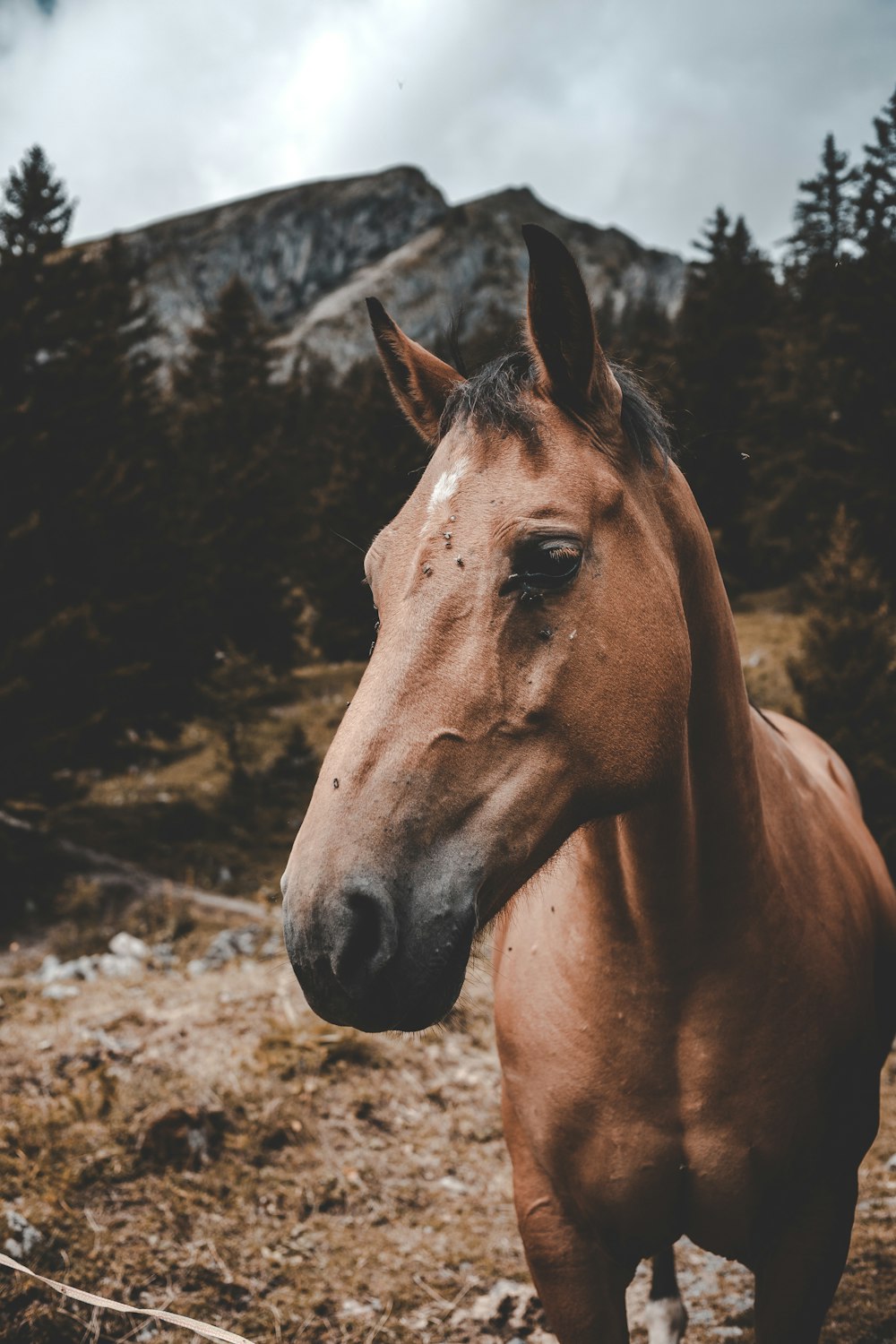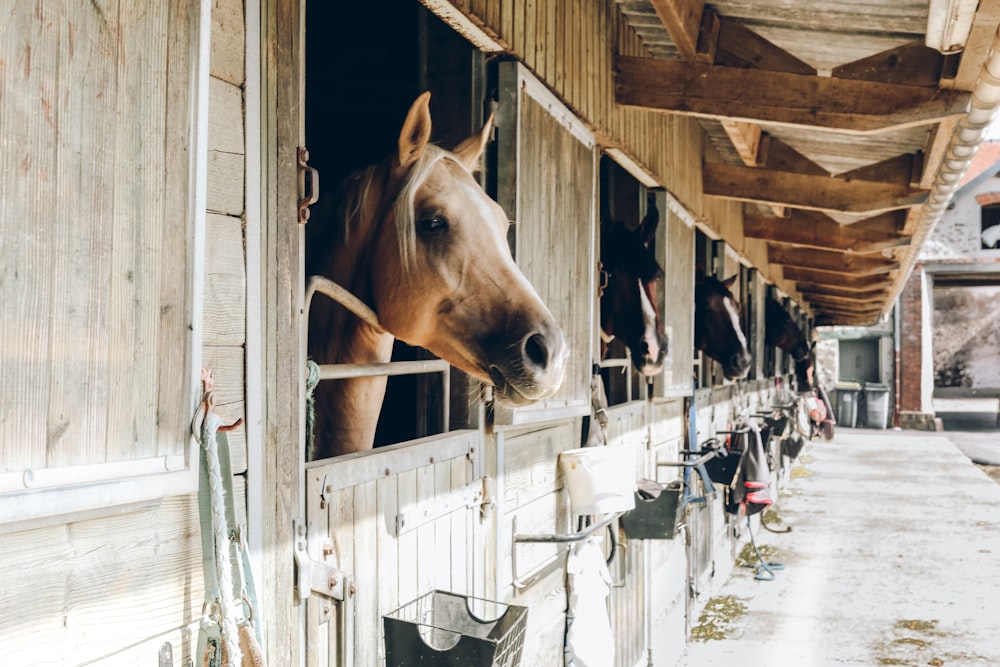
Horses constantly swish their tails, toss their heads and stomp their feet in order to rid of biting flies. Here are some ideas to add to your fly arsenal to help control flies around you and your horse.
Supplements
Fly supplements can be fed to help deter the number of flies. Some supplements interfere with maturation of the larvae/flies. Others work as a larval deterrent. If your horse is on a barn or boarding stable with other horses, these supplements typically work better if ALL of the horses are on it. This can be an excellent solution for large farms or boarding stables where the fly populations can get out of control.
This site contains affiliate links to products. We may receive a commission for purchases made through these links. For more info read the disclosure.
Some owners prefer to feed a garlic supplement to their horse, but typically in order for this to work the horse has to sweat a bit. The flies are dissuaded by the smell and are less likely to bother your horse. **DISCLAIMER** I cannot find solid evidence that this actually works or if feeding garlic to your horse is safe.
Popular fly supplements include:
HorseTech Buggzo
Solitude IGR
SimpliFly
Med-Vet Flies A-Way
Bye Bye Fly
Fly Sprays
The most common form of fly control is fly spray. It is less expensive than feeding fly control supplements and can offer immediate, although temporary, relief to horses.
There are TONS of different fly sprays to choose from. Depending on the types of bugs and the climate where you live, some may work better than others. Example- A popular brand is Absorbine, but I find that does nothing for my horses or the flies here in Arizona. Instead, see my go-to and the only fly spray I will use HERE.
Sprays can be applied early in the morning and/or in the evening. August in Phoenix is the worst. It monsoons every afternoon (or threatens to) and the humidity and rain bring on hoards of gnats, flies, and other annoying insects. I spray twice a day and that seems to offer the best relief for my two horses.
Another option isn’t a spray, but a liquid applicant called Equi-Spot. This is a great option for horses that go out to pasture. The liquid is squeezed from a small tube from the top of the horse’s poll, along the base of the mane down to the horse’s dock.
It is said to offer weeks of protection and it has good reviews. Equi-spot is also weatherproof and sweat proof and is said to deter ticks, flies, gnats, and other biting insects.
Fly Wear
Fly wear has come a long way. Today, there are stylish and useful fly protection items horses can wear to protect themselves from biting insects. Fly wear is also good in preventing mosquito bites which can lead to West Nile Virus. Popular fly wear items include:
Fly masks
Fly sheets
Fly boots
Neck protectors
These are usually either a soft or stiff mesh that allow air flow but guard against biting bugs. These can be great items to your fly arsenal for horses that are kept in a stable or in a pasture. They also offer instant relief from insects to your equine friend.
Stable Items
Is your barn ready for fly season? There are a stable items that can be found that are relatively inexpensive that can help with bug control.
Fly predators – bugs you can literally purchase that prey on flies! They are stingless, biteless, and do not become a problem themselves.
Sticky tape – very inexpensive and you can hang them around the barn. Be sure to hang them out of reach of the horses!
Traps – Hanging traps also help collect flies and keep the population down. Some have a putrid odor to attract flies, but there are some that do not have an odor.
Mist systems – Barns can have fly spray systems installed that spray automatically on a set timer. This is a more expensive but effective option.
Win the Fly War!
No barn or horse will be completely fly free, BUT you can reduce the number of pesky flies. A combination of fly traps, spray, manure management (AWAY from the horses!) and supplements can manage the flies around your horse.
If you decide to invest in a fly supplement, it is strongly suggested you start feeding it early, like early March and continue feeding throughout the duration of the summer/fly season. Some swear by the fly supplements and others prefer traps and spray. Either way, make your list and plan your attack for this coming fly season!